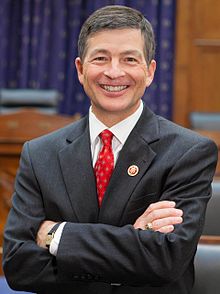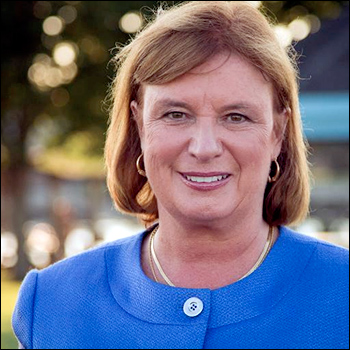By Jim Ellis
Feb. 7, 2018 — Continuing our look at the 53 open seats, today we look at those in the Lean R & D categories. It is here where Democrats will have to score big if they are to claim the House majority.
 The US Supreme Court declined to hear the Pennsylvania Republicans’ arguments earlier this week to move the live redistricting case to the federal level. To review, the Pennsylvania Supreme Court ruled the current congressional map a political gerrymander, but without citing any election law statute violations. State Senate Republicans are refusing to provide the court with their requested data until the legislative bodies are informed about what is legally wrong with the current map.
The US Supreme Court declined to hear the Pennsylvania Republicans’ arguments earlier this week to move the live redistricting case to the federal level. To review, the Pennsylvania Supreme Court ruled the current congressional map a political gerrymander, but without citing any election law statute violations. State Senate Republicans are refusing to provide the court with their requested data until the legislative bodies are informed about what is legally wrong with the current map.
In the meantime, the court has already appointed a special master from Stanford University to draw a new plan, and moved the congressional candidate filing deadline from March 6 to March 20. Additionally, Gov. Tom Wolf (D) is already saying he will veto the legislature’s map, so all of these developments suggest that a new, Democrat-friendly map will likely be in place before the 2018 elections.
In our overview of the current House open seat configuration, two of the Pennsylvania seats are either in the Lean D category (PA-7; Rep. Pat Meehan-R) or Lean R (PA-15; Rep. Charlie Dent). With a new map likely to collapse most, if not all, of the four open Republican seats, it is likely that both of the aforementioned districts will find themselves in the Democratic column after the next election.
Currently, the Lean Democrat column consists only of Republican seats. In addition to PA-7, and probably adding at least PA-15 post-redistricting, retiring GOP Reps. Ileana Ros-Lehtinen (R-FL) and Frank LoBiondo (R-NJ) are leaving seats that are also trending toward the Democratic side of the political ledger.




